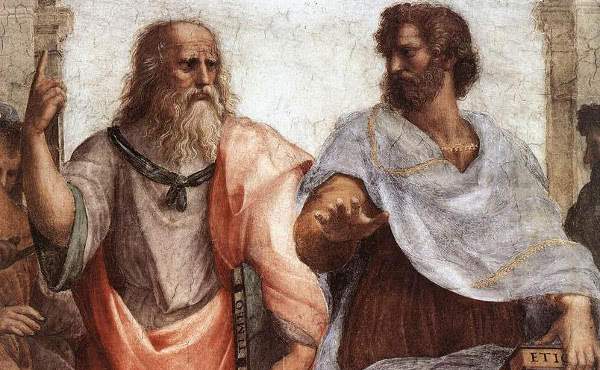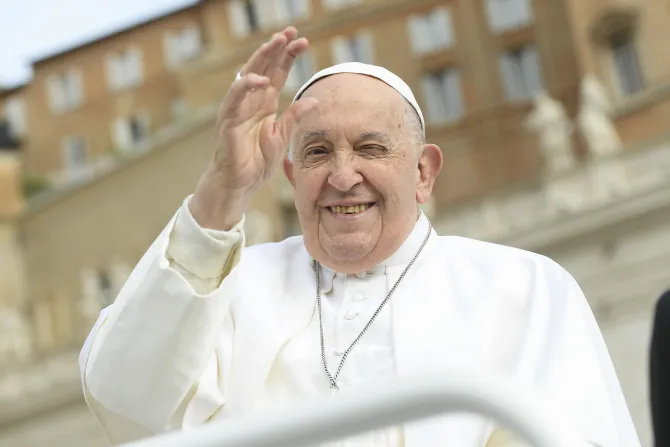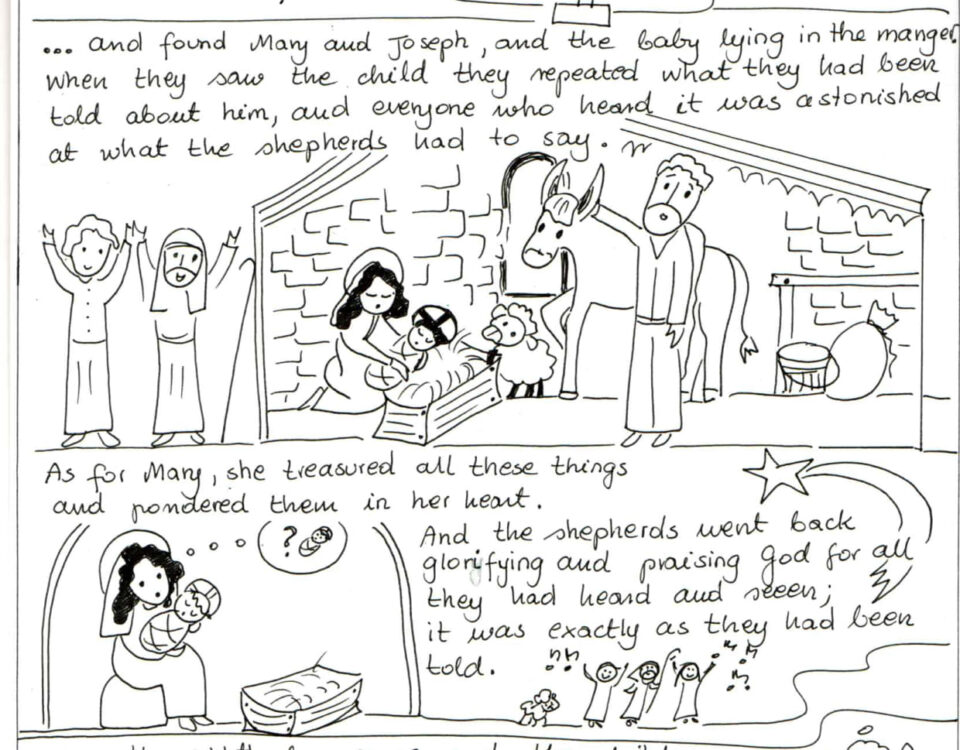Divine Retreat Centre UK – Official Website
Catholic Apologetics: Are Catholics fanatical about their belief in purgatory?
March 25, 2023Do you want to be guided by the Holy Spirit?
March 25, 2023The primary focus of Exodus chapter two is centered around the birth of Moses, the story of his exile to Midian as an adult, and the context of the Jews prior to Moses being called to free them. Moses was born to Hebrew parents but was raised as a prince in Egypt’s royal family. However, after killing an Egyptian who was beating a fellow Jew, he fled the country and spent 40 years in Midian as a shepherd. During this time, God appeared to Moses and commanded him to lead the Israelites out of Egypt.
Despite Moses feeling inadequate for the task, God chose him as His messenger. This teaches us that God selects those who feel humble and powerless, rather than those who think highly of themselves. We see this pattern throughout the Bible, such as with Zechariah and Elizabeth, who were childless until God chose them to bear a son.
God spoke to Moses through a burning bush that was not consumed by the flames. This unusual sight caught Moses’ attention, and God spoke to him when he was ready to listen. Similarly, we must be alert and recognize God’s presence and activity in our lives, even in the midst of a noisy world. We must be willing to be quiet and look for the miracle.
Moses wrote down everything the Lord had said, including the rules and regulations in Exodus. The overall theme of Exodus is redemption, as God delivered the Israelites and made them His special people. The Exodus event marks the beginning of Israel’s history as a single people, and it was done so that they could worship God in the land He promised them and in the way that He desires to be worshiped.
The Exodus began when God appointed Moses on Mount Horeb, where the angel appeared to him. Similarly, the new Exodus began with the encounter between Mary and the angel Gabriel, which led to the conception of Jesus. As Catholics, we can learn from the story of Moses that God chooses those who are humble and willing to listen, and we must be alert to His presence in our lives.
The significance of the burning bush that was not consumed demonstrates the miraculous power of God. In the New Testament, this theme is echoed in the perpetual virginity of Mary, as announced by the angel Gabriel. Despite being a virgin, Mary would miraculously conceive a child who would be called the Son of God.
Both incidents are connected, linking the Exodus to the heavenly paradise, the Promised Land. The burning bush also has implications for the Eucharist. We, as Catholics, believe that the Eucharist is the body, blood, soul, and divinity of Christ; thus, when we receive the Eucharist, we receive God Himself. The connection between the burning bush and the Eucharist is found in this divine presence. Just as flames emerge from something burning, Christ’s divinity is given to us in the Eucharist through His humanity. Similarly, when God became human, His humanity was not consumed by the fire of His divinity but was made fully alive. In our lives, God’s action and love do not consume us; instead, they make us fully alive.
Another connection can be found in Jesus on Mount Calvary, where He was tortured and persecuted. Christ, as the Messenger of the Covenant, is a refiner’s fire, purging people of sin and delivering them from the curse so that they may dwell in the presence of the Lord without being consumed.
Exodus 3:4-5 states, “When the Lord saw that he had turned aside to see, God called to him out of the bush, ‘Moses, Moses!’ And he said, ‘Here I am.’ Then he said, ‘Come no closer! Remove the sandals from your feet, for the place on which you are standing is holy ground.'”
There are two key principles to remember when drawing closer to God:
Maintain a distance from the Holy presence of God, as a sign of reverence, humility, and respect.
The removal of sandals represents the shedding of our sins and the resolution of those sins.
Hence, in the New Testament, the command to Moses to remove his sandals signifies the removal of the old self’s footwear and the renewal of the spirit of the mind to put on the new self (Eph 4:22-24). When we sit at Jesus’ feet, we must remove our “shoes” and put on the new shoes of the Word (Luke 10:39-42). Let us emulate Moses, removing our shoes of the past and putting on the shoes of “new mission” and blessings.
Exodus 3:4-6 recounts, “He said further, ‘I am the God of your father, the God of Abraham, the God of Isaac, and the God of Jacob.’ And Moses hid his face, for he was afraid to look at God.”
Moses covered his face because he understood that he was unclean and insignificant; thus, God revealed Himself to him. God chooses us when we feel we are the least significant or the least worthy.
We can see a connection to this in 1 Samuel 9:21, where Saul responds, “I am only a Benjaminite, from the least of the tribes of Israel, and my family is the humblest of all the families of the tribe of Benjamin. Why then have you spoken to me in this way?”
God will utilise us if we believe that we are the least and in need of God’s guidance and care. If we believe that we are powerful and capable on our own, we risk falling, and it will be a dreadful fall.
Exodus 3:7 states, “Then the Lord said, ‘I have observed the misery of my people who are in Egypt; I have heard their cry on account of their taskmasters.
Thus, God prepared Moses for the challenges that lay ahead, reassuring him that He would be with him every step of the way. This pivotal moment in the story of the Israelites reminds us of the importance of placing our trust in God and answering His call in our lives.
When we face obstacles or feel inadequate, it is essential to remember that God is with us, and He will provide the necessary tools and support to fulfil our mission. This powerful message of faith and divine providence echoes throughout the Bible and is relevant to our lives today.
In conclusion, the story of the burning bush serves as a symbol of God’s miraculous power and a reminder that He is always present in our lives, even in the most challenging times. Through the Eucharist, we encounter the divine presence of Jesus and are empowered by His love and grace. The stories of Moses and Jesus demonstrate the eternal and unchanging nature of God, who is ever-present and active in our lives, guiding us towards our ultimate purpose.
As we continue to seek and follow God’s will, let us be like Moses and the great saints who have gone before us, trusting in God’s presence and His ability to work miracles through us. May we find strength in our faith, hope in the promises of God, and the courage to say “yes” to His call, knowing that He will be with us every step of the way.
Moreover, the story of the burning bush teaches us the importance of reverence, humility, and respect when approaching God. Just as Moses removed his sandals, symbolizing the shedding of his sins, we too must put aside our sinful ways and embrace the transformative power of God’s grace in our lives. This spiritual transformation allows us to grow closer to God and become the people He created us to be.
The experiences of Moses, Saul, and other biblical figures remind us that God often chooses the least likely candidates to carry out His divine work. When we feel unworthy or incapable, let us remember that God sees our potential and will provide the necessary guidance and resources for us to succeed in our mission.
Throughout the Bible, we see countless examples of people crying out to God in their desperation, and time and again, God responds with compassion, support, and deliverance. This message of hope and divine intervention is an essential aspect of our faith, and it encourages us to trust in God’s unfailing love and providence during difficult times.
As followers of Christ, we are called to answer the cries of those in need and work to alleviate their suffering. The examples of Fr. Damien, Mother Teresa, and St. Francis of Assisi demonstrate the powerful impact that one person, guided by faith and driven by love, can have on the world.
As we journey through life, let us be mindful of God’s presence and His desire to work through us for the betterment of His people. In moments of doubt or fear, let us turn to the burning bush and the other signs of God’s miraculous power as a source of inspiration and reassurance. By opening our hearts and minds to God’s will, we can become instruments of His love and grace, bringing hope and healing to a world in need



